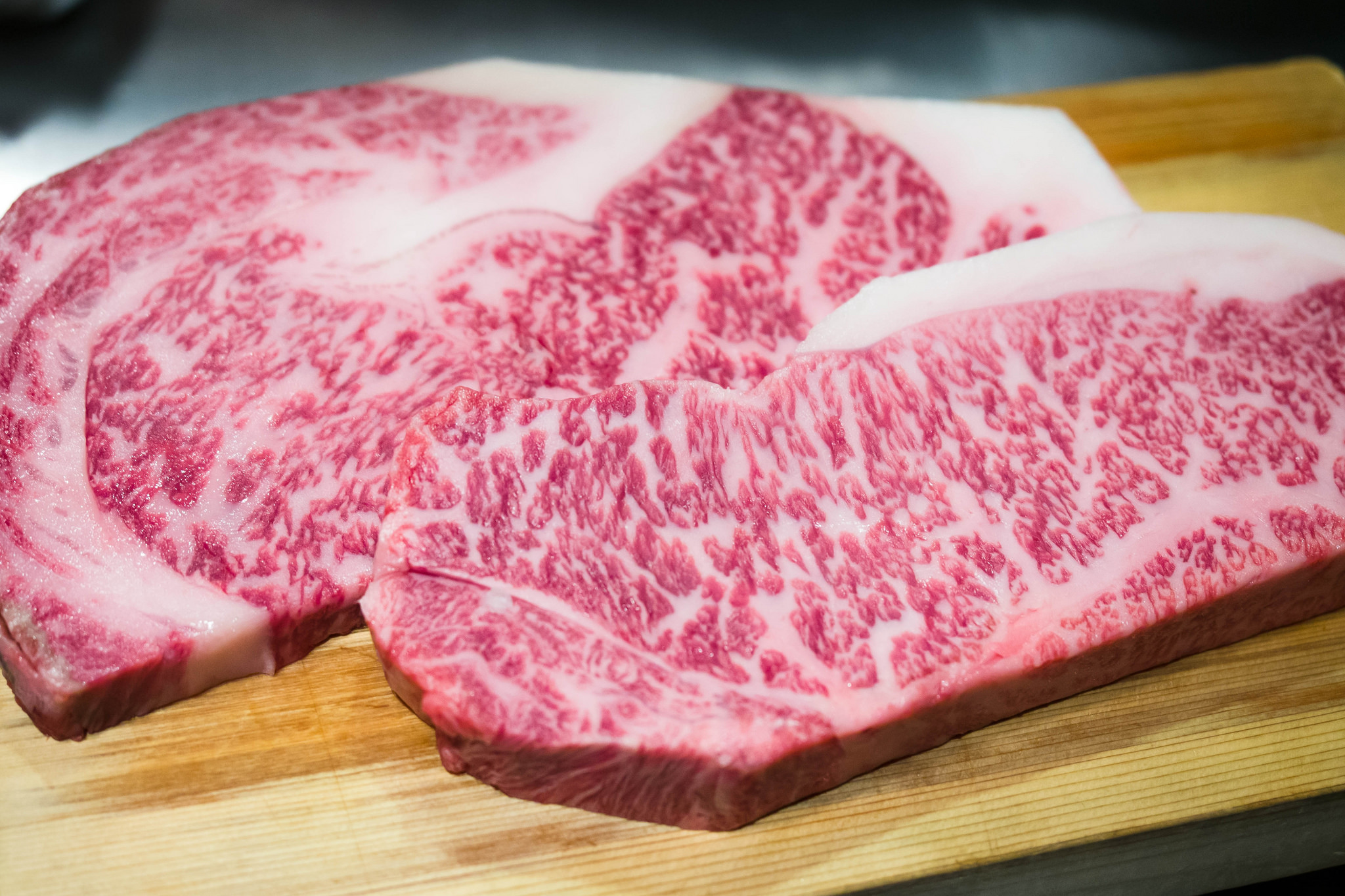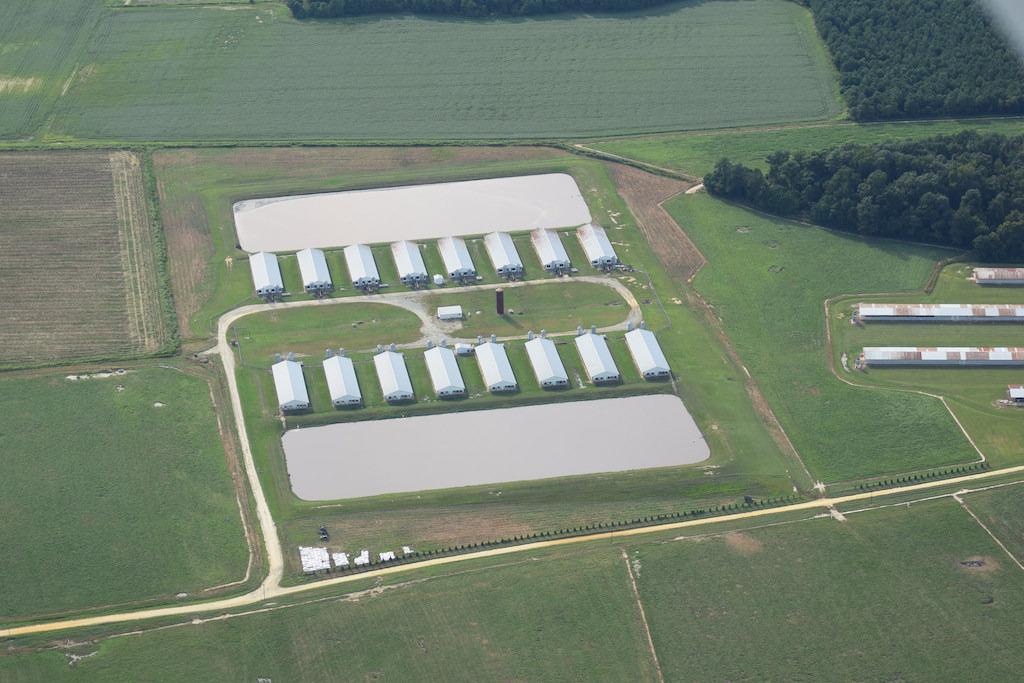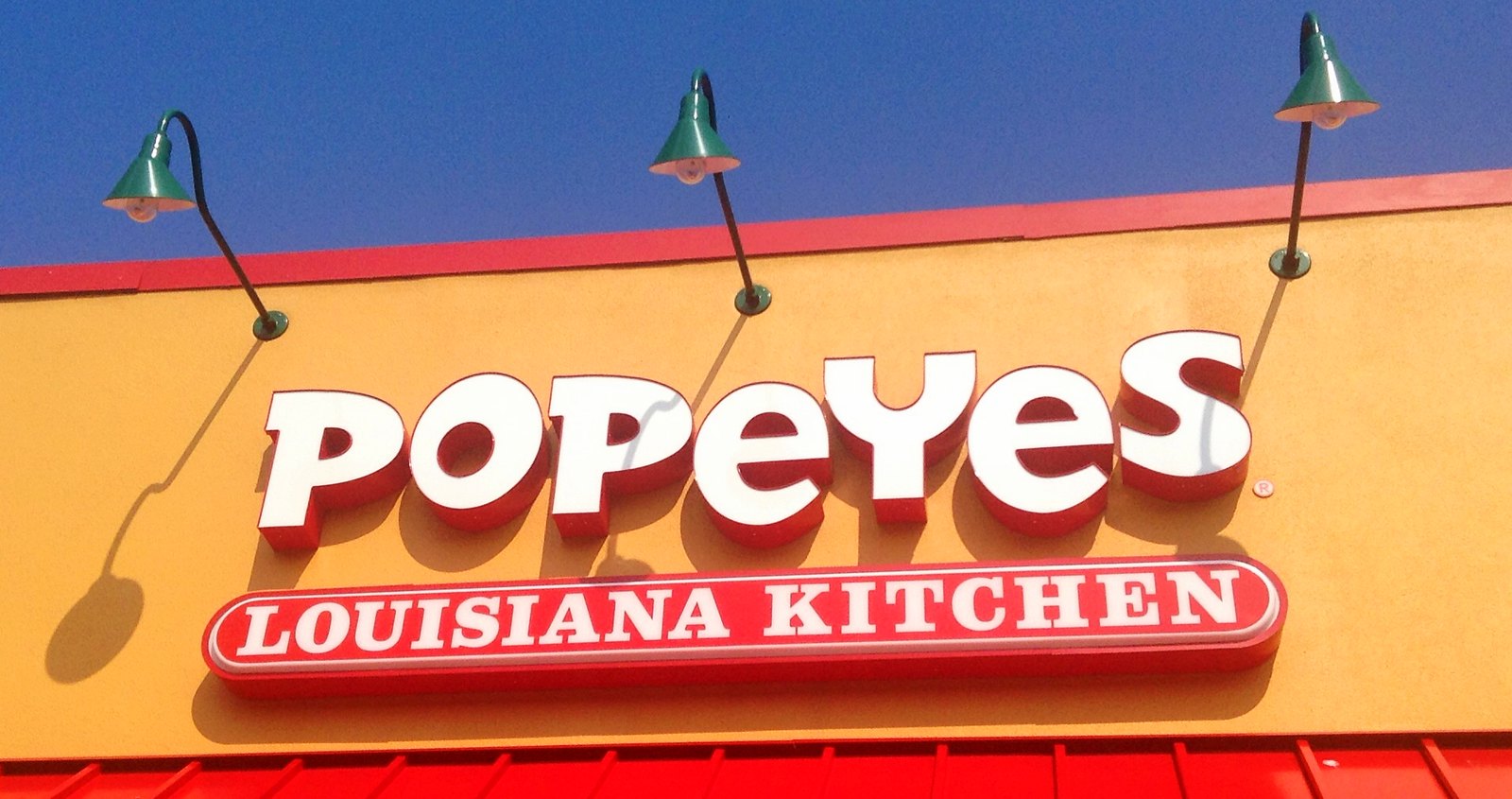This is the web version of a list we publish twice-weekly in our newsletter. It comprises the most noteworthy food stories of the moment, selected by our editors. Get it first here.
Farm bill finish line. On Monday, the latest version of the farm bill advanced out of conference committee. It may land on the president’s desk by the end of the week. The Senate on Tuesday voted in favor of the bill by a margin of 87-13, and the House is expected to vote in the coming days. The conference version, which results from a compromise between the House and the Senate, largely preserves the status quo. Republicans’ “poison pill” proposal to expand work requirements for SNAP users didn’t make it into the final text, and a controversial provision that will allow first cousins of farmers to claim subsidies eked through. The new bill also legalizes hemp production, a boon for the burgeoning CBD industry, and makes some cuts to conservation programs. It is expected to pass with bipartisan support.
Woe is us, WOTUS. As soon as he took office, President Trump vowed to roll back the Waters of the United States (WOTUS) rule, an Obama-era policy that places certain bodies of water under federal protection. The Farm Bureau and other pro-farm advocates have long opposed WOTUS because they say it interferes with farmers’ ability to do business by limiting their activity around small, protected waterways. (Farmers actually would’ve been exempt from most of the new regulations, but they lobbied vigorously against them anyway.) Now, the administration is set make good on its promise. On Tuesday, it released a revised rule that, among other things, exempts the majority of waterways in the West from regulation, according to Politico’s Morning Energy.
Syngenta settles. Syngenta’s on the hook for $1.51 billion as the result of a class-action lawsuit that may represent the largest agricultural settlement in history. The suit revolved around the company’s decision to market a strain of GMO corn to American farmers before it was officially approved in China, a major export market. China rejected the corn, farmers sued Syngenta, people lost money. (We wrote a lengthier background here.) Late last week, the large settlement was approved.
Nebraska meets the $5 rotisserie chicken. In Nebraska, Costco has been laying the track for a vertically integrated chicken production operation that, if successful, would supply the grocery chain with 100 million birds a year. By starting from scratch, the company gains the opportunity to avoid replicating the poultry industry’s worst practices. But will it? For Civil Eats, Twilight Greenaway traveled to Nebraska to find out.
Death by dicamba. Read The New Republic‘s feature on dicamba drift and its impact on farms and rural communities. The volatile pesticide, which is meant to work in tandem with Monsanto-developed seeds, has spread across farm boundaries all over the country and pitted neighbor against neighbor.
The people’s Wagyu? In its effort to serve the world its first cell-cultured hamburger, alt-protein startup Just (formerly Hampton Creek) has inked a first-of-its-kind deal with a notable beef producer, Japan’s Toriyama Ranch. Quartz reports the producer will license cells harvested from its highly coveted Wagyu cattle to Just, which hopes to replicate them infinitely in the lab. Cell-cultured meat is probably still a long way off, as significant regulatory and technological challenges remain, not to mention larger questions about how traditional meat producers and alt-protein companies will coexist in the marketplace. This arrangement offers one potential model for the future: Old-fashioned ranches will provide the underlying intellectual property, but food technology companies will actually feed us.










